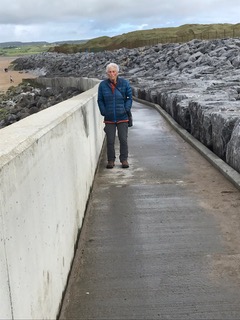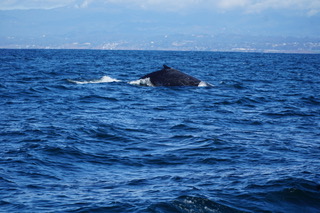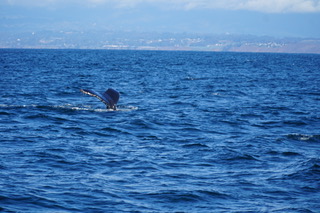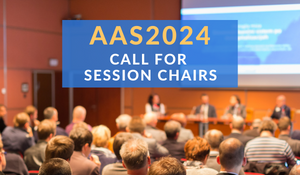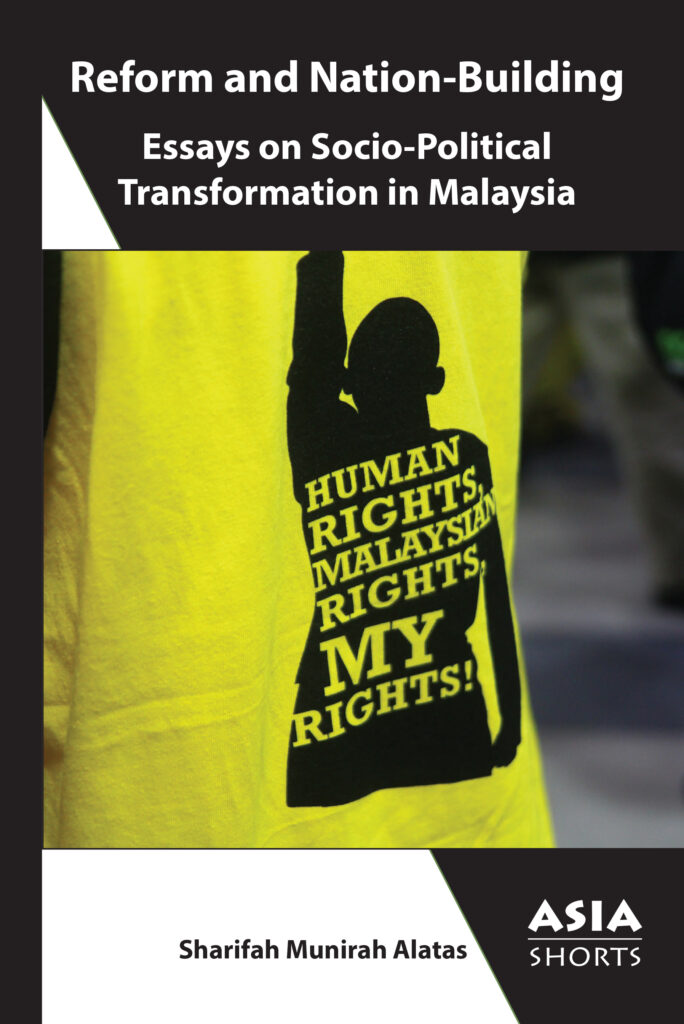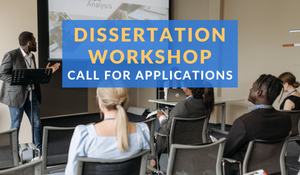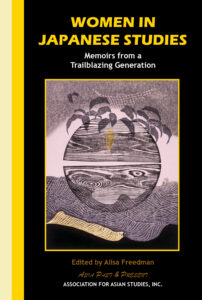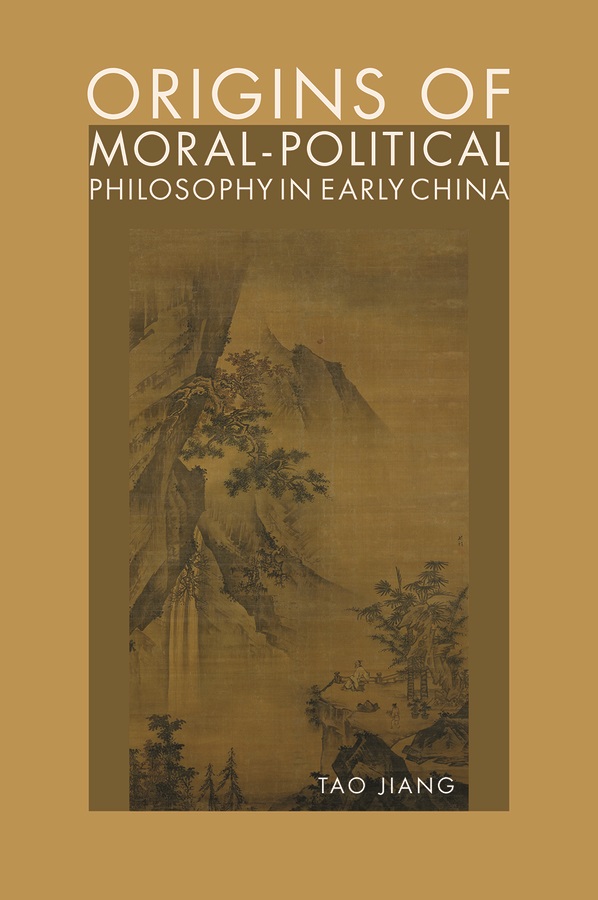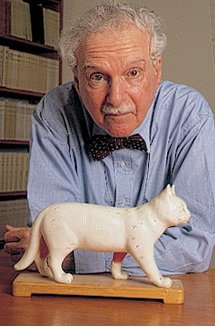Emily Honig, a historian of China and retired University of California, Santa Cruz professor, passed away on October 14. She first visited the People’s Republic of China during the Cultural Revolution as part of a student delegation touring the country. Honig then embarked on graduate study in Chinese history at Stanford University and spent two years at Fudan University while conducting dissertation research—among the first group of American graduate students permitted to do so. Prior to joining UCSC in 1992, Honig taught at Lafayette College and Yale University.
A member of AAS since 1981, Honig was renowned for her contributions to building the field of women’s history within China studies, and for her scholarship on labor and gender. Among her many publications, prominent titles include Sisters and Strangers: Women in the Shanghai Cotton Mills, 1919-1949 (Stanford University Press, 1986), Personal Voices: Chinese Women in the 1980’s (with Gail Hershatter; Stanford University Press, 1988), Creating Chinese Ethnicity: Subei People in Shanghai, 1850-1980 (Yale University Press, 1992), and Across the Great Divide: The Sent-down Youth Movement in Mao’s China, 1968–1980 (with Xiajian Zhao; Cambridge University Press, 2019).
Below, we are pleased to share a number of tributes to Emily Honig by her friends and colleagues. As you will read, Honig’s dedication to her scholarship and mentorship of students were legendary—almost as legendary as her love of friends and family, in addition to whale-watching, music, and Aikido.
All images courtesy of Harriet Evans. More tributes to Emily Honig can be found on this collective bulletin board.
Gail Hershatter
I met Emily Honig on my first day as a PhD student at Stanford University. She had already completed an MA there and knew her way around; she popped out of the registration line, wearing a bright red flannel shirt, introduced herself to me, and we became inseparable. She had first started to pay attention to China when she was recruited as an undergraduate attending Brown to join a delegation of student leaders visiting there. Prior to that she had been considering a career in law, but the trip to China fascinated her, and she decided she might as well do an MA in East Asian Studies on her way to law school. By the time I met her, she was hooked.
We often collaborated on seminar papers, producing works with dubious titles such as “From Broom to Loom,“ about the recruitment of women to join spinning and weaving co-ops in the CCP wartime base areas. I am sure that we tested the patience of our saintly advisors, Lyman Van Slyke and Harold Kahn, when we elected to spend part of each summer with another friend, Laurie Coyle, working on an oral history project in El Paso, Texas, about the Farah pants strike of the early 1970s. But that turned out to be excellent training for how to conduct oral history and urban fieldwork.
We were fortunate to be finishing our PhD coursework just as it became possible for students to go to China for dissertation research. Emily headed off to Shanghai, and I to Tianjin, but we traveled together as frequently as we could and wrote letters back and forth on our portable typewriters, always keeping a carbon copy. Occasionally one of us would place a long-distance call at night that would finally go through eight hours later in the early morning, with a quality of connection more or less equivalent to two orange juice cans connected by a string. We learned that we could get permission from the school authorities to travel on any American holiday, and we rapidly expanded the list to include Mother’s Day, Father’s Day, and Halloween. Together, we explored as many corners of China as we could.
Even as we were immersing ourselves in the mysteries of dissertation research—Emily‘s work on women cotton mill workers would eventually become her first book, Sisters and Strangers (1986)—we were also reading the daily press and magazines. We began talking about the explosion of discussions about gender, beauty, personal adornment, women’s role in the workforce, courtship, marriage, divorce, violence against women, and other issues that we saw incessantly discussed there. Then we began clipping articles, and soon found ourselves with mounds of material devoted to these subjects. It seemed to us that most of the writing about China, focused on the early process of repudiating Mao and initiating the economic reforms, was not saying anything about the prominent role that women and gender played in the discussion. Our attempts to track this public conversation eventually became the book Personal Voices, which ran as a parallel project to our dissertations and which we published in 1988. Throughout, Emily’s incessant curiosity, eye for the absurd, and enthusiasm made working with her an endlessly enlivening experience.
At that time we had little sense that this gender conversation we were tracking, about the relationship of women to modernities and big state projects, had in fact been going on long before the early reform period, and even before the years covered by our “from broom to loom” research. But in our last year as graduate students and our early teaching careers, we were fortunate to become part of an emerging network of (mainly) women scholars interested in these questions, and together we became aware of how central these ideas were in shaping modern Chinese history. Emily reveled in shared discovery and exchange among these scholars. She had a deep love for collaborative learning, and she made it her business both to seek feedback and encouragement from others and to be generous in dispensing it. These qualities also helped to make her a terrific teacher, first at Lafayette College, later at Yale University, and finally at the University of California, Santa Cruz, where she taught from 1992 until her retirement in 2020.
At UCSC, Emily and I worked together with others to build a PhD program in East Asian History where there had not been one before. UCSC does not have the resources of a Title VI center or a historical powerhouse in Chinese studies. We tried to make up for that with intense individual attention to our students, in whom Emily took enormous pride. Emily sometimes held her seminars at her home near campus, serving students a different kind of soup each week. Her care for students was a big contributing factor to the success of our program. We refined our approach to graduate advising on thrice-weekly runs in the Pogonip, a greenbelt near campus, where we jogged at a (slow) pace that would allow us to expostulate and worry over program design and our students.
Emily was a formidable reader of student work (and of mine as well). Was it clear? Elegantly put? Well supported? Did it have a point? Was it awash in florid detail? She might express frustration on the running trail, but her critiques to students delivered in our group meetings (and in recent years, on Zoom across several continents) were delivered not with heat but with warmth, and I know that students felt supported as well as schooled.
Across her career, Emily also wrote about the creation of Chinese ethnicity, trying to think through how a fundamentally imaginary category can have such social heft (Creating Chinese Ethnicity, 1992). In recent years, she undertook a joint project with Xiaojian Zhao about sent-down youth, in which they asked what kind of stories might have been overlooked about this life-changing political campaign. They unearthed, among other things, a dense web of connections between city and countryside forged during the campaign that helped to shape economic relations in the early reform period (Across the Great Divide: Sent-down Youth in Mao’s China, 1968-1980, 2019).
A bit more than a decade ago, Emily and I undertook one last collaborative project, editing a manuscript written jointly by Isabel Crook and Christina Gilmartin, based on Isabel’s early fieldwork in the 1940s in rural Sichuan. Chris, a close friend and member of the aforementioned scholarly gender network, died in 2012 before the book could be completed, and we knew how much it would have meant to her to get it finished and out before Isabel herself, then in her late 90s, left the scene. (Isabel went on to live to 107.) Finishing the manuscript for a beloved departed friend turned out to be both a form of mourning and an archaeological tour of the research process and thinking of others (Prosperity’s Predicament: Identity, Reform, and Resistance in Rural Wartime China, 2013). Once again, Emily‘s attention to detail, her ability to highlight good stories, and her persistence made a meaningful collaboration possible.
Emily’s interests ranged far beyond Chinese history. She was a fourth-degree black belt in Aikido, an enthusiastic cook (not only soup), an inveterate whale watcher who could easily have flourished as a marine scientist, a traveler, a hiker, a tireless participant in social encounters with friends, an indulgent human companion to her rambunctious dog Yuki, and a delighted mother of her son Jesse. She persevered in all of these activities through 2 1/2 years of treatment for ovarian cancer. We were still advising graduate students until June 2023, but our advising discussion runs in the Pogonip became walks, then short strolls around her neighborhood. Still, she remained intensively engaged with people, nonhuman creatures, and the wider world until the very end of her life. The memory of her bright presence makes her absence all the more palpable.
Lisa Rofel
Emily Honig was one of the most vital people I knew. She never hesitated to do something that others would have shied away from. An example that comes immediately to mind, from when we were undergrads together at Brown in the seventies, is Emily’s decision to travel to China—long before any formal scholarly exchanges had been organized between the U.S. and China. I was so admiring of that kind of chutzpah. Then, by the time I entered grad school at Stanford, where Emily also got her Ph.D., she was one of the first to have gone to China to do research. She had endless, amazing stories to tell about her experiences that year. The breakthroughs Emily made in her scholarship are well known; she, along with her close friend and colleague Gail Hershatter, were at the forefront of feminist work on gender issues in the long-durée of the twentieth century.
Emily was always willing to state things as she saw them, often with pointed irony. She also offered supportive words just when they were needed. My last in-person encounter with Emily was the summer before last. We both attended a memorial for a mutual friend, Sharon Kaufman—a brilliant medical anthropologist—who had passed away suddenly and unexpectedly. My mother had passed just six months before, and Emily offered warm words of condolence, even as she was already well into her cancer. Emily threw herself wholeheartedly into new projects. She was a passionate whale watcher in the last years of her life and could give great advice on when and where to go whale watching. She even took the whole group of former students whale watching who had come to UCSC to honor both Gail and herself. Emily will be sorely missed.
Harriet Evans
It’s been a hard time since Emily died on October 14. I had just returned from New Zealand and was looking forward to sharing with her my excitement at watching an albatross chick take off in flight over the sea from the coast south of Dunedin.
I came across Emily long before I knew her. Her pioneering monograph Sisters and Strangers was published before I even started my own PhD, so she was someone I was in awe of. My sense of awe grew through her following publications, including Personal Voices, written with Gail Hershatter, and then her work on gender and sex during the Cultural Revolution. But beyond her work on gender, one of the pieces that I keep coming back to and that appeals beyond the field of China Studies is her thoughtful analysis in Remapping China (1996) of the intersection between class and ethnicity in explaining the social positioning of Subei people in Shanghai.
When eventually we met, we immediately hit it off. Our friendship was cemented by shared intellectual and political pursuits, and I taught a couple of her undergraduate classes in UCSC. But our friendship mostly revolved around the more sensual delights of food, music, travel, and—of course—whales. When I stayed with her around Thanksgiving in 2019, she took me on a whale watching boat trip. She practiced the cello every morning, so I offered to accompany her on the piano. It was fun, but as a musical duo we could never have ventured beyond her living room.
After Emily’s diagnosis we took to regular Skype conversations where Emily would try to get her dog Yuki to take note. The big trip that I made with her was in June 2022 to watch humans swimming with a lone dolphin in southwestern Ireland. The weather was too tempestuous for any dolphin, but that did not cancel out other eventful moments, including braving a gale force wind, arms tightly linked, just to cross a small road in a bleak, deserted town called Lahinch. Me with my cane, and Emily with her customary determination. We made it across the road and found our way into a small pub where we sat on a bench by the front door, only to be accosted by a couple of women who introduced themselves as members of a group from the US on a hiking pilgrimage in Ireland. They claimed they had watched us crossing the road and had prayed for our safe-keeping!
We returned from that trip safe and OK, but I didn’t then anticipate it would be the last time I saw Emily. There is too much to share and remember of her generosity of spirit and friendship. So for now I simply want to say that Emily’s enthusiasm for all that life gave her during her illness made her the most extraordinarily courageous person I have ever come across. And that is something to hang onto as I and others face our own mortality.
Susan Mann
Whenever I think of Emily, the first word that comes to mind is “exuberant.” I do not recall a single moment I spent with her that ever showed her in a different mode. Mostly her exuberance was about ideas, and most of the ideas were new ones that she was still working out, out loud.
But this is not to say that her exuberance was limited to scholarly matters. She could focus nearly indiscriminately on any immediate need or problem that presented itself to her, by others or by herself. (This was brought home to me the time we found ourselves locked out of the nature preserve where I had driven her to go bird-watching. She was ON it.) And that of course recalls the laugh. Emily’s laugh is a lasting echo in my mind, capturing perfectly her exuberance in the moment—any moment.
When I think of Emily’s scholarship, I think of her as my teacher. And what she modeled constantly, as a teacher, was the upending of conventional hierarchies. Not just class hierarchies, or gender hierarchies—but spatial hierarchies. When she began work on Subei people in Shanghai, she raised the subject of “the other” among Chinese, at a time when it was rarely, if ever, addressed in the China field. And in 1986 she seized an opportunity to travel to the Subei area on what turned out to be a nine-hour bus ride: Subei being the precise bottom of the spatial hierarchy topped by Shanghai, where she was living at the time. There in Gaoyou she took in a Huai opera, consorted with the cast, met with the people compiling the local gazetteer, and stayed in a down-scale inn for local travelers.
Throwing herself opportunistically and spontaneously into a casual invitation to go see an opera—and turning it into a research window of lasting significance to help her understand the spatial origin of the “other” that Shanghai people looked down upon: that was Emily.



